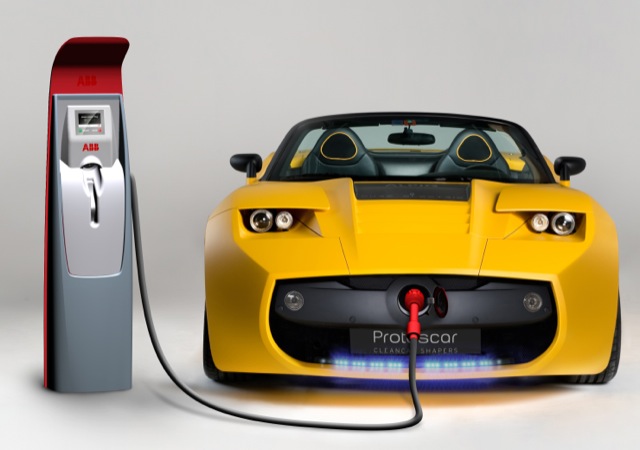Four months ago, the Antiplanner observed that the market for electric cars was supposedly booming. Yet I was skeptical. Ford, Toyota, and other mainstream manufacturers were making very limited runs of electric vehicles, making it hard to get one. Others, such as Fiat-Chrysler, weren’t making any at all. Other than Tesla, many of the all-electric manufacturers such as Lucid and Fisker seemed to be mainly producing vapor-ware and what they did produce was pretty high priced. Only Tesla was doing well.
The wave of the future or a dead end?
Since I wrote that post, there were media reports of a glut of nearly 100,000 unsold electric vehicles on dealer lots. Manufacturers were forced to deeply cut prices, which still didn’t end the glut. Continue reading









